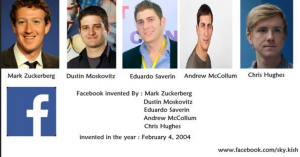Tech’s Bad Hair Day

No one wants to say it out loud, but is the latest tech bubble bursting? While the Web 1.0 demise was a result of too much money chasing too much youth and inexperience, this time around it’s different: It’s a result of a different kind of huckster class which has woven itself into the fabric of tech.
And many investors were complicit.
WeWorked It
Yes, he did, ‘he’ being Adam Neumann, the company’s charismatic founder/showman who somehow convinced investors that WeWork was a tech company, and not just another real estate play. Tech startups were drawn to the space, but being able to rent office space using an online system doesn’t make you a tech company. There was WeWork Labs, but it was something of an accelerator by any other name and which other accelerator considers itself a tech company? WeWork’s rapid expansion into new spaces and more cities did grab attention, as they’d almost instantly be 90+% full, it would be announced. Although the play was to rent ten floors, build out three, fill them, and as for the floors that hadn’t been converted? Details! Kick the can down the road and stick to the plan to show hockey stick growth.







